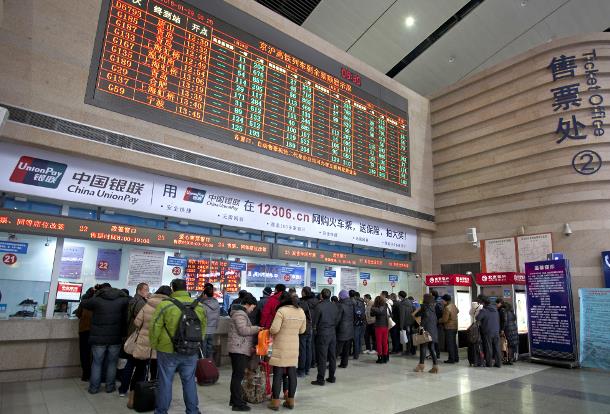ChinaTravelNews, Ritesh Gupta - It is acknowledged that hotel companies are way off the mark when it comes to managing data that is at their disposal, or processing the volume of data and find meaningful inferences from it.
The situation sounds more challenging when one thinks of the significance of real-time data that is available today to assess booking patterns or a channel’s performance.
“First of all (one needs to ) ask how many systems, in particular property management systems (PMSs), provide the flexibility (APIs) and commercial models to promote and encourage the necessary access to real-time performance data in the first place!” questions David Turnbull, Co-Founder and Chief Operating Officer, SnapShot GmbH.
He says the reality is that without this availability of real-time performance data, the usage is almost zero.
“ The opportunity however is clear, as already today, there are hundreds of interesting data points accessible through API's, such as social channels, analytics from website, visitor data for a city, airlines load factor, airport passenger number, which when harnessed correctly can bring together fascinating insights,” asserts Turnbull.
Moving data into cloud
The real-time data about reservation booking pace, especially by different market segment, different channels and room types would be important for pricing and inventory control decisions.
Hotels aren’t doing enough and need to focus on better integration of channel data into the decision making process.
Referring to this complex scenario, Turnbull says, “One room type, one rate plan with a 5-night length of stay strategy already has over 1800 computations over a horizon of 365 days. So we already today rely upon predictive pricing and inventory solutions (RMS). Where the industry needs to move however is better integration of channel data into the decision making process, as by default this enables a higher understanding of customer behaviour and the costs of acquisition of each individual reservation.” He says getting this implemented, in real-time, means hotels need to shift their data into the cloud and work with vendors who actively share data in a transactional state, where every profile, reservation and financial record is accounted for.
Solving different puzzles with data
There are specialists that are attempting to help hotels to make data-driven solutions. In case of SnapShot, a second round of €25 million was raised via Shiji Networks earlier this year.
Talking of a market like China, a spokesperson from Beijing Joint Wisdom Information Technology, a company set up by Ctrip earlier this year, says same-day bookings now account for over 50%, and 70% of it come from mobile. “With the help of location-based services, we found that the check-in lead-time is very short and (happens to be) within 5 km. So once we accumulate last minute data, it must impact personalized customer requirements and service around the hotel.” There is also a need to access real-time data for reservations - i.e. for managing booking, availability and inventory real-time. "Real-time products save time, otherwise, customers need to wait for confirmation, availability, rate etc.” added the spokesperson.
Also, for a revenue manager, the significance of data lies in what it offers in terms of who are the guests, what are they looking for and how do they book. According to Turnbull, the missing link in most current predictive systems in hospitality is the incorporation of data about guests and their behavior. “ We tend to make decisions as a derivation of this, but it would be much better if we could integrate our existing platforms with those that hold cookies, advertising channels data, customer data and behavioral data. Essentially this would lead us to the holy grail of one to one pricing, or at least much more granular segmentation based on unique groupings and characteristics of demand.”
As for monitoring last minute changes in demand with the help of real-time data, certain occurrences such would have immediate impact like airport closures, strikes, concert announcements. “If you are backed up by machine learning, this puts the human at auto pilot and the machine in the driver seat to process these updates. Obviously the nuances of changes in pace and pick-up pattern (assessing the changes in booking pattern and associated volume) per segment, category, rate plans etc. in conjunction with other data sources is where the opportunity for real big data analysis commences, where the change is predicted, communicated and recommend action implemented in advance,” says Turnbull.
Delving deeper into the issue of causation versus correlation, he says, “ We ask ourselves many questions each day, however without effective storage, curation and access to our data, these will sadly remain unanswered, trapped in excel sheets and property based servers.”
The availability of both traditional and new data points that reveal customer buying behaviour are more readily available than ever before. However without the same access to a hotel’s own performance data, this information has low value and impact. A hotelier in 2015, as Turnbull puts it, must demand a change in status quo from their current technology vendors to embrace the data economy and reduce the barriers to access and share their own data.




